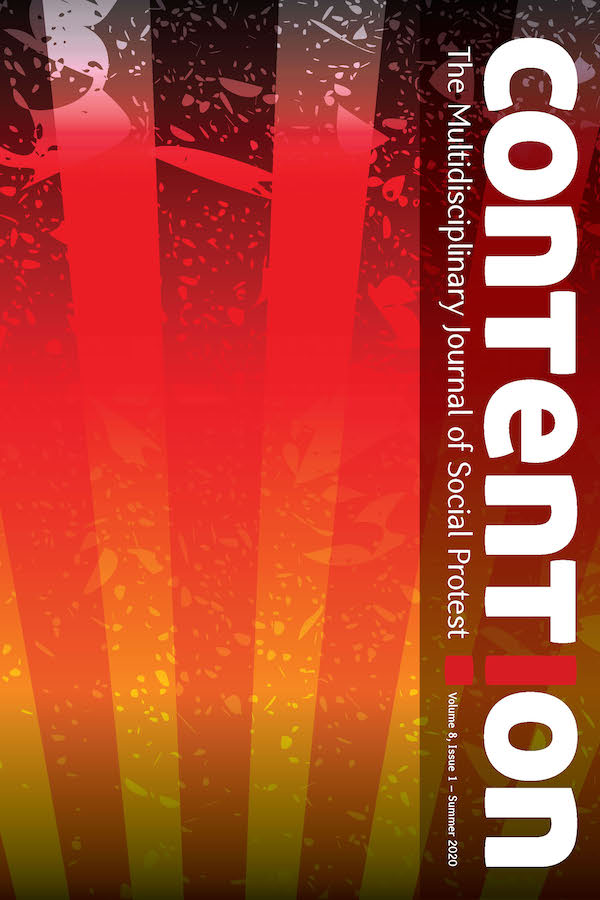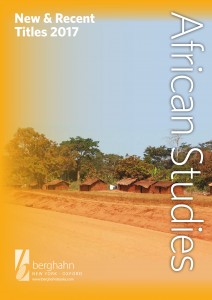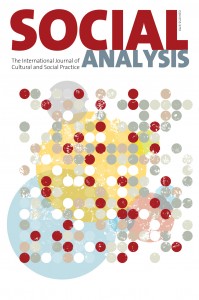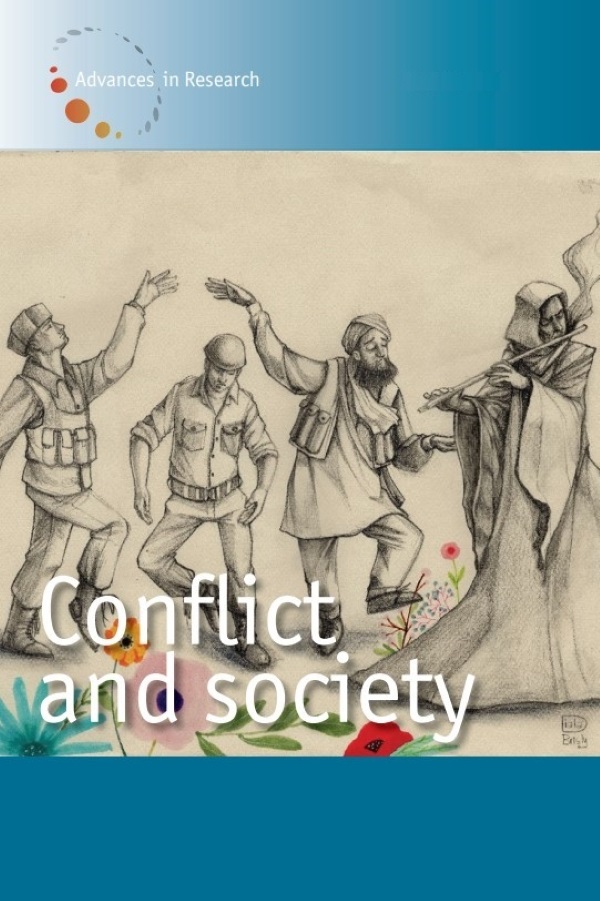 In 2011 a global wave of protest changed the way in which people saw contention. January saw two revolutions: first, in Tunisia culminating in the overthrow of then president Ben Ali; and second in Egypt with protests that would end the Mubarak regime within eighteen days. This wave of protest spread to Libya, Syria, Yemen and Bahrain changing the course of history for each country forever.
In 2011 a global wave of protest changed the way in which people saw contention. January saw two revolutions: first, in Tunisia culminating in the overthrow of then president Ben Ali; and second in Egypt with protests that would end the Mubarak regime within eighteen days. This wave of protest spread to Libya, Syria, Yemen and Bahrain changing the course of history for each country forever.
But protest would not be confined to the Middle East. Later that year the Iberian Peninsula ignited with protest and popular mass movements soon followed. The same could be seen in Italy and Greece. What had spread to Southern Europe would soon cross the Atlantic with the rise of Occupy Wall Street: first, in New York then across Northern America and finally, by 2012, across the globe as a worldwide occupy movement.
In the academic community, a fervent interest in these new protests and the general question of Contention would awaken across disciplines and in October of that year many of us came together at the University of Kent for the first international and interdisciplinary conference on social protest. Attendees ranged from across the social sciences, humanities and arts, as well as a substantial contingent of activists, revolutionaries and NGOs.
This enthusiasm led to the very first issue of Contention: The Multidisciplinary Journal of Social Protest, on Theory, Action and Impact in Social Protest. This issue was merely a collection of abstracts of the almost 200 papers presented at the conference but generated considerable excitement among our colleagues.
This became the springboard for two distinct ventures, first the creation of the Interdisciplinary Network for Social Protest Research which celebrates its fifth anniversary this year. Second, of course, was Contention which had expanded into a fully-fledged academic journal by 2013.
This year marks a similarly important step for Contention, with the move to a new publisher and to a new phase in the journal’s history. We are privileged to count among our editors a distinguished and international advisory board, as well as scholars of the highest calibre from across disciplines. The journal now attracts submissions of the highest quality and prides itself on a careful and inclusive review process.
So what’s next for Contention? Over the next five years we will aim to establish the journal as a world leading resource for social protest across disciplines. In conjunction with our partners at INSPR, we will strengthen our ties with academics and practitioners across the globe. In partnership with our publisher at Berghahn we will bring the journal to new audiences and even greater impact.
We look forward to your help along the way!
Benjamin Abrams and Giovanni A Travaglino
Editors
 Celebrated on July, 14, Bastille Day is the French national day and one of the most important bank holidays in France. The day commemorates the beginning of the French Revolution with the storming of the Bastille on the 14th July 1789, a medieval fortress and prison which was a symbol of tyrannical Bourbon authority and had held many political dissidents, and symbolizes the end of absolute monarchy and the birth of sovereign Nation.
Celebrated on July, 14, Bastille Day is the French national day and one of the most important bank holidays in France. The day commemorates the beginning of the French Revolution with the storming of the Bastille on the 14th July 1789, a medieval fortress and prison which was a symbol of tyrannical Bourbon authority and had held many political dissidents, and symbolizes the end of absolute monarchy and the birth of sovereign Nation.



















